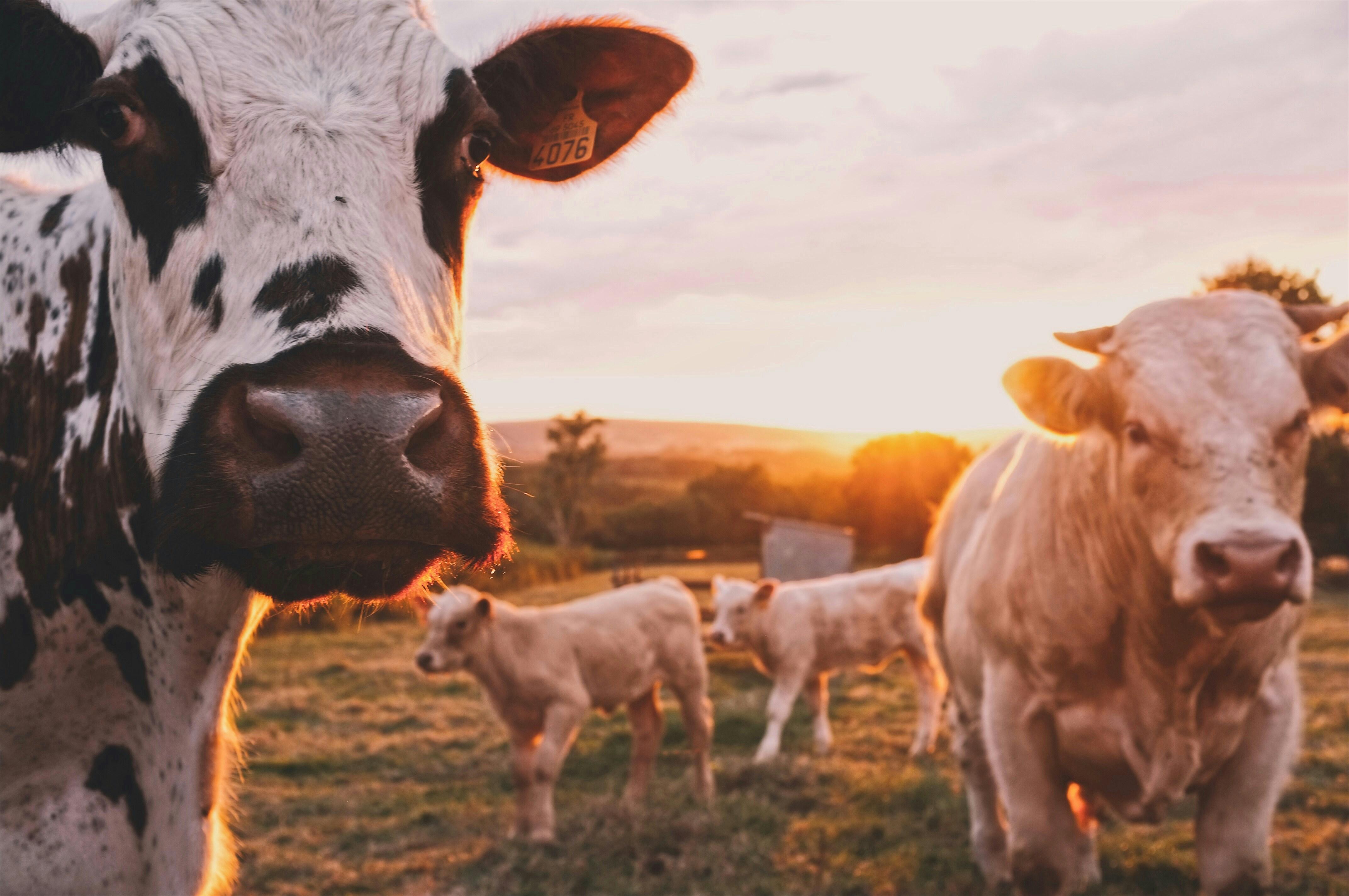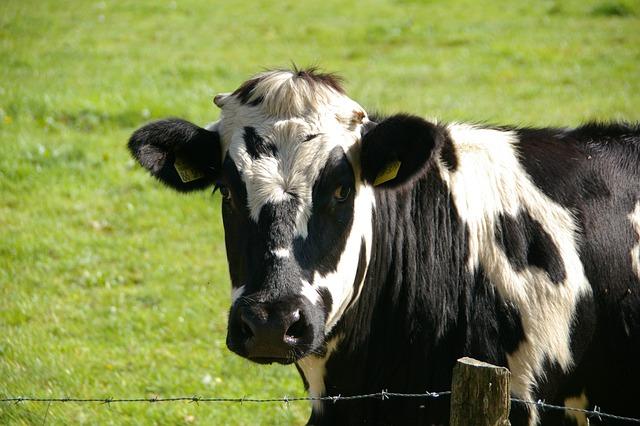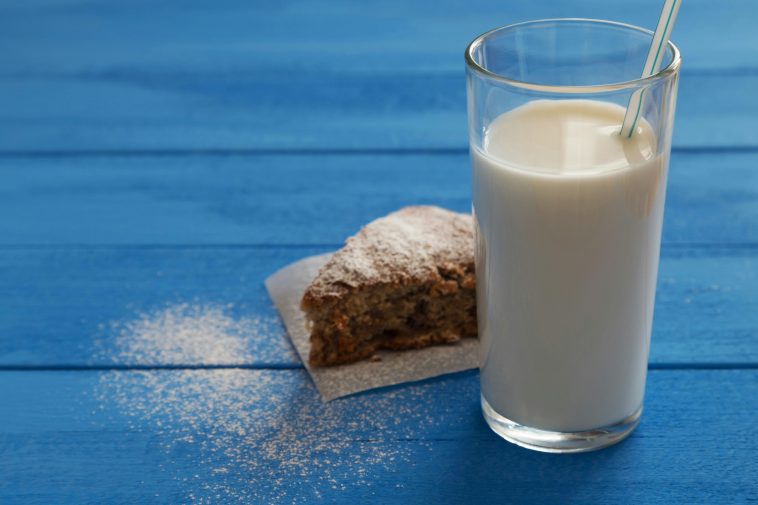In the quiet corners of bustling breakfast tables, the age-old question simmers alongside morning coffee and cereal: Is it ethical to consume dairy products? For centuries, dairy has been a staple in human diets, its presence woven into the fabric of culinary traditions worldwide. Yet, as we navigate the complexities of modern living, our choices are increasingly scrutinized through the lens of ethics. This article delves into the multifaceted debate surrounding dairy consumption, exploring the intricate interplay of animal welfare, environmental impact, and human health. Join us as we embark on a journey to unravel the ethical tapestry of dairy, where each thread offers a unique perspective on a question that continues to churn in the minds of conscious consumers.
The Moral Dilemma: Understanding the Ethical Concerns Surrounding Dairy
The journey from farm to table involves a complex web of ethical considerations that many consumers are becoming increasingly aware of. At the heart of this discourse is the treatment of dairy cows, which raises questions about animal welfare. Critics argue that the conditions in which dairy cows are often kept—such as confined spaces, routine separation from their calves, and the physical demands of milk production—can lead to a life of discomfort and distress for the animals. This raises the question of whether the benefits of consuming dairy justify the potential harm caused to the animals involved.
- Animal Welfare: Are the living conditions and treatment of dairy cows humane?
- Environmental Impact: Does the dairy industry contribute to environmental degradation?
- Health Considerations: Are there health implications for humans consuming dairy?
Proponents of dairy consumption often highlight the nutritional benefits, including essential vitamins and minerals that are vital for human health. However, with the rise of plant-based alternatives, the conversation shifts towards whether these benefits can be obtained through more ethical and sustainable means. The moral dilemma is further complicated by cultural traditions and economic factors, which play a significant role in shaping individual choices and societal norms around dairy consumption.

From Farm to Table: Tracing the Journey and Impact of Dairy Production
In the intricate journey from lush pastures to our dining tables, dairy production raises several ethical considerations. Animal welfare is a pivotal aspect, with concerns often revolving around the treatment of cows in industrial farming. Many farms ensure humane conditions, allowing cows to graze freely and providing veterinary care. However, there are cases where animals endure cramped living spaces and harsh conditions. This dual reality leaves consumers questioning the ethics behind their dairy choices.
Another layer of complexity is the environmental impact of dairy farming. The industry contributes to greenhouse gas emissions and water usage, prompting debates about sustainable practices. On the flip side, innovative farmers are adopting eco-friendly methods, such as rotational grazing and methane capture technology, to mitigate these effects. Consumers are left to weigh these factors against their dietary preferences and cultural practices. Thus, the ethical implications of consuming dairy products are not just a question of animal welfare but also of environmental stewardship and sustainability.
- Animal Welfare: Concerns about living conditions and treatment.
- Environmental Impact: Greenhouse gas emissions and resource usage.
- Sustainable Practices: Adoption of eco-friendly farming methods.

Navigating Health and Ethics: Balancing Nutritional Needs with Moral Values
The debate over the ethics of consuming dairy products often centers on the intersection of animal welfare, environmental impact, and human health. On one hand, dairy farming practices can raise significant concerns regarding the treatment of animals. Critics argue that factory farming often subjects cows to poor living conditions, emphasizing the importance of considering cruelty-free and sustainable alternatives. Furthermore, the environmental footprint of dairy production, including greenhouse gas emissions and water usage, prompts many to reassess their dietary choices.
Conversely, dairy products are a rich source of essential nutrients like calcium, vitamin D, and protein, which play crucial roles in maintaining health. For those who choose to consume dairy, options such as organic, grass-fed, or local products can help align nutritional needs with ethical considerations. Alternatives like plant-based milks and cheeses offer viable solutions for those seeking to reduce their reliance on animal products. Balancing these aspects requires thoughtful consideration and a personalized approach, recognizing that ethical consumption is as diverse as individual values and nutritional requirements.

Exploring Alternatives: Making Informed Choices in a Changing World
In today’s rapidly evolving world, the ethical implications of consuming dairy products have come under increasing scrutiny. The traditional image of a peaceful countryside dairy farm is being challenged by concerns over animal welfare, environmental impact, and human health. Animal welfare remains a significant concern, with questions about the living conditions and treatment of dairy cows. The use of industrial farming practices often raises ethical red flags, leading many to explore plant-based alternatives.
Moreover, the environmental footprint of dairy farming cannot be ignored. As awareness grows about the impact of livestock on greenhouse gas emissions and land degradation, individuals are seeking sustainable choices. Here are some alternatives to consider:
- Plant-Based Milks: Options such as almond, oat, and soy milk are becoming mainstream, offering a lower environmental impact.
- Nutritional Yeast: Often used as a cheese substitute, it provides a similar flavor profile without the dairy.
- Coconut Yogurt: A creamy alternative that satisfies the texture and taste of traditional yogurt.
Ultimately, the decision to consume dairy products is personal and multifaceted, requiring individuals to weigh their values and priorities. Whether motivated by ethics, health, or environmental concerns, exploring alternatives offers a pathway to making informed choices in a changing world.
To Wrap It Up
In the swirling dance of ethics and choices, the debate over dairy consumption finds its place as a multifaceted dialogue, echoing through the corridors of personal values, environmental stewardship, and cultural traditions. As we stand at this crossroads, the decision to embrace or eschew dairy becomes more than a mere dietary preference—it transforms into a reflection of our interconnectedness with the world around us.
Whether the clinking of glasses filled with milk or the sizzling of plant-based alternatives in the pan, each choice we make ripples outward, touching lives, ecosystems, and economies. In this tapestry of decision-making, the threads of compassion, sustainability, and health are woven together, challenging us to consider not just the path we tread, but the legacy we leave behind.
As you close this chapter and carry these reflections with you, remember that the journey towards ethical consumption is not a solitary one. It is a collective odyssey, inviting dialogue, encouraging innovation, and, most importantly, asking us to listen—to the earth, to the animals, and to each other. In this symphony of voices, may we find harmony and craft a future that honors all beings who share this world with us.




